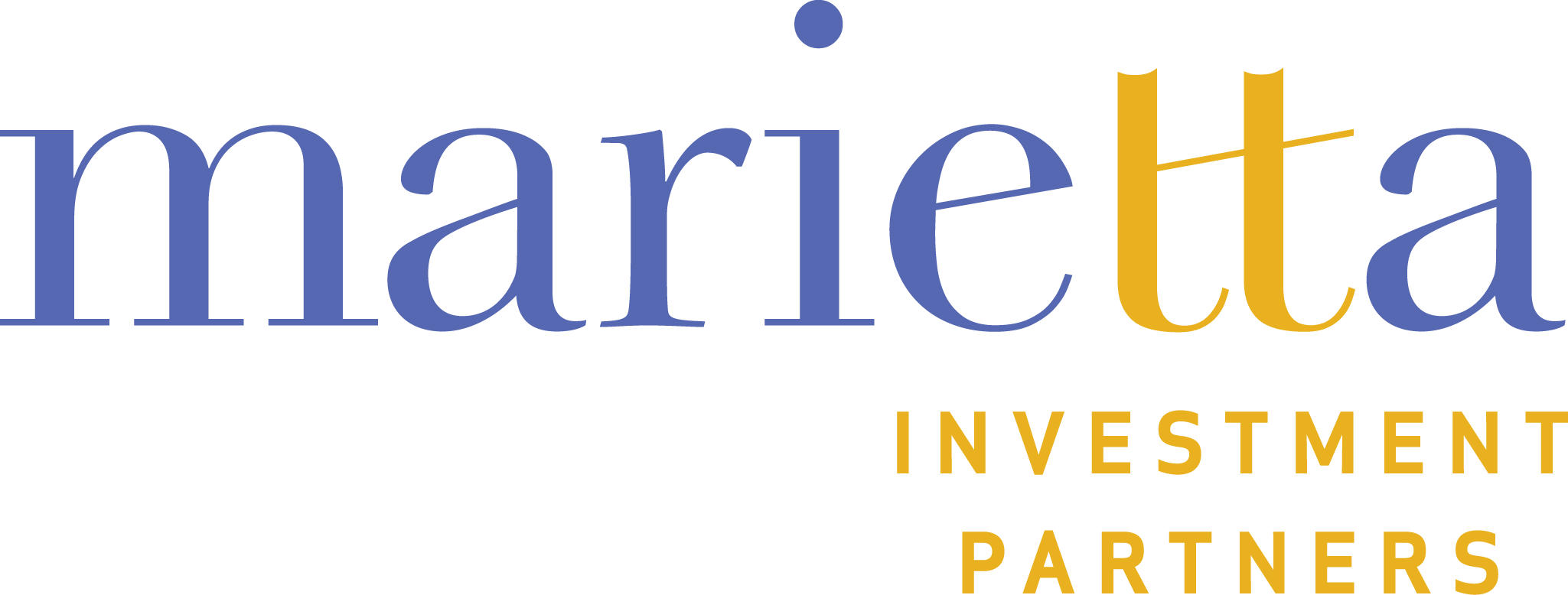This year provides a window of opportunity to convert a portion or all of an IRA to a Roth IRA. Until this year, the Roth IRA was available only to married couples making less than $160,000 or single filers making less than $100,000.
Since the IRA is a tax deferred and in some cases a tax deductible investment, the government requires a tax to be paid to convert an IRA to a Roth IRA. Talk to your tax advisor about what this additional tax may mean for you and your current income tax picture. Depending on the amount you decide to convert, you are adding the converted amount to your taxable income for 2010. There is an option to spread the tax impact over 2011 and 2012, but this is a decision you should reach with the input of your tax advisor.
Now may be a perfect time to convert, as 2010 finds many investors with a slightly lower taxable income than in the past several years. If you are optimistic about the capital markets, then now may be another reason to convert. It is best to convert when the balance of your IRA account is low.
Benefits of a Roth IRA over an Individual Retirement Account (IRA):
-
Income tax –free withdrawals are available after a 5 year holding period.
-
No Required Minimum Distributions such as those required by an IRA once the owner reaches the age of 70.5.
-
At death, spouses can roll the ROTH IRA into their own Roth account and receive income tax free withdrawals. Non-spouse beneficiaries (children) must pull minimum required distributions but the income is income tax free.
-
As long as an investor has “compensation” contributions can be made to a Roth IRA even after the owner reaches age 70.5.
Does a Roth IRA conversion fit my unique financial situation?
-
Ask yourself the following questions:
-
Do I believe that taxes are going up in the future?
-
Do I believe that the stock market will go up between now and the end of my life?
-
Do I have enough money saved for retirement that I will not need to pull money out of my Roth IRA for at least 5 years?
-
Do I have a goal of leaving some money for my children at my death?
-
Do I have some cash outside of retirement accounts that I could use to pay the tax liability associated with a Roth IRA conversion?
If you answered “yes” to all or most of the above questions, a Roth IRA conversion may be beneficial to your long term plans. The concept is to pay taxes today on a lower account balance, and this balance plus any investment appreciation in the Roth IRA can be withdrawn later in life without a tax consequence.
Conversion costs include:
-
Tax liability.
-
Trading costs to raise the cash and or invest the proceeds once conversion is complete.
-
There may be custodial charges for the conversion.
What if the value of your new Roth IRA shrinks by the time you need to pay income taxes on the IRA conversion? What if you do not have enough money at tax time to pay the tax for the conversion?
-
There is the opportunity to avoid the tax if you reverse the transaction before October 15th of 2011 and return the balance to your prior IRA.
This information is general in nature and is not meant as tax or legal advice. Consult your tax and/or legal advisor regarding your situation.
